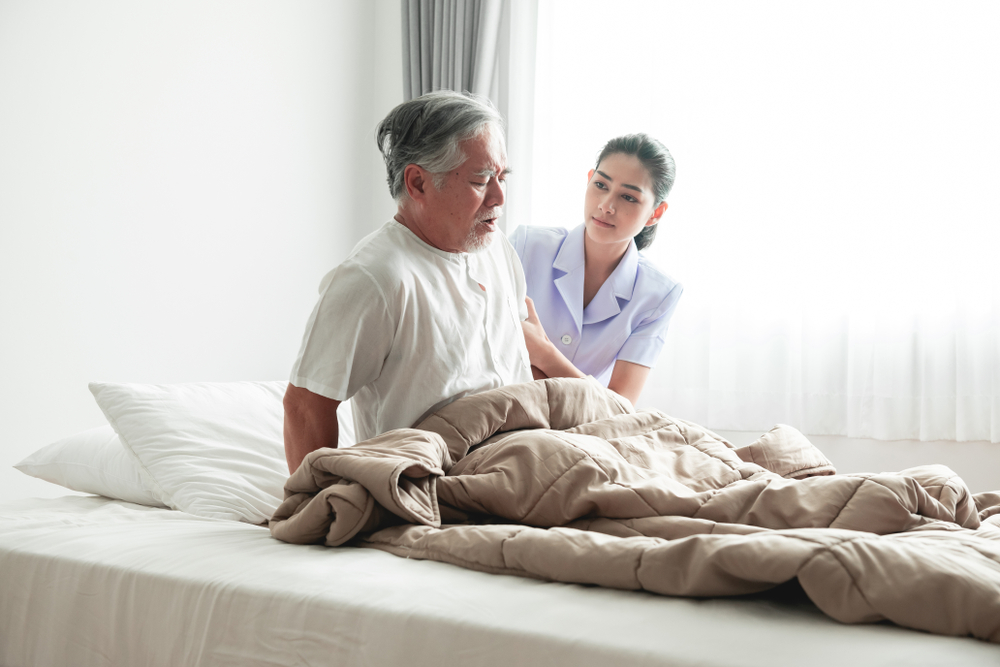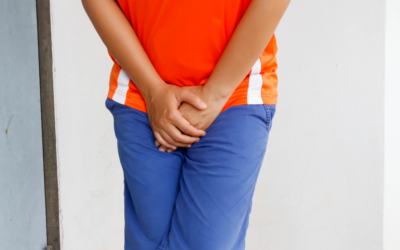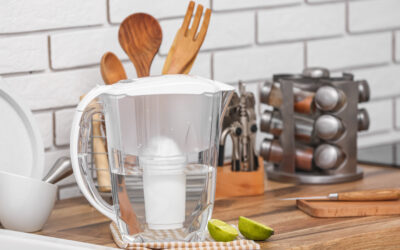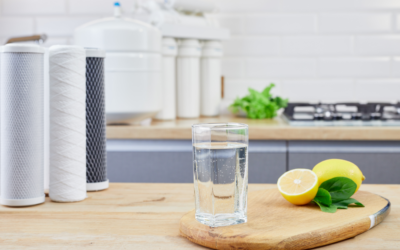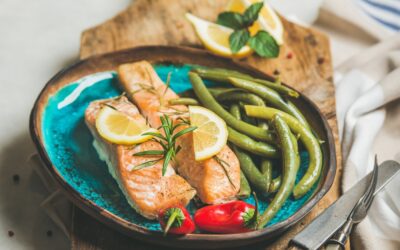Many have a hard time falling asleep or achieving restful sleep after experiencing a stroke. If you or someone you care about has experienced one, there are ways to get to sleep faster and sleep more soundly.
In this article, we’ll review the types of sleep disorders and issues that can arise after a stroke and enumerate some treatments that may help.
Sleep Disorders and Stroke Survivors
In 2010, the American Heart Association (AHA) developed and publicized risk factors for cardiovascular health and stroke called “Life’s Simple 7.” In their list, they included the consumption of tobacco, diet, blood pressure, physical activity, body weight, cholesterol, and blood sugar levels.
The list, however, failed to include sleep disorders like sleep apnea as well as irregular and excessive sleep patterns as part of routine tests for patients who experienced a stroke. Since many survivors experience problems with sleeping after their strokes, the AHA agrees that sleep should be added as a metric to existing cardiovascular tests. This addition can help identify patients who are at risk for heart problems while helping stroke survivors sleep better after the incident.
We dive into the most common sleep disorders in stroke patients and how they affect survivors.
Insomnia
While some stroke survivors experience excessive sleep after stroke, others have trouble falling asleep or maintaining an uninterrupted sleep cycle. Insomnia after a stroke can be caused by stress, depression, brain damage, or certain heart medications. Stroke survivors who experience disrupted sleep, insomnia, nightmares, waking up too early, or crippling cramps while sleeping should speak to their doctor if clonidine, beta-blockers, or diuretics have been prescribed for hypertension.
It’s important to further investigate this since a continued lack of restful sleep can increase the risk of another stroke. Getting enough sleep after a stroke is essential to support neurogenesis, the formation of new neurons that heals the brain after an episode.
Doctors can suggest alternative medicines as part of post-stroke insomnia treatment. Other options include the following:
- Sleeping in a quiet room with no light (use light-blocking curtains and keep your phone on do-not-disturb mode during sleep)
- Cognitive-behavioral therapy (CBT) may help to lessen the severity of insomnia
- Certain antidepressants such as Zolpidem and Mianserin may encourage better sleep in insomniacs with fewer negative effects on cognitive and motor skills
- Stroke patients should evaluate the risk of consuming hypnotics or psychoactive drugs such as benzodiazepines, which are known to increase the risk of falls and erratic behavior
Excessive Daytime Sleepiness
As important as sleep is for the recovery of stroke patients, many individuals experience excessive daytime sleepiness (EDS). Deep sleep after stroke is normal since the brain is struggling to recover from an episode. However, if you continue to experience EDS months after a stroke, it’s best to speak to your doctor about prescribing stimulant medication to balance EDS.
The following conditions can worsen EDS:
- Reverse Robin Hood Syndrome: This syndrome is a biological process that occurs in the brain when it tries to redirect blood from the affected parts of the brain to non-damaged parts.
- Sleep Apnea: This condition disrupts breathing patterns and can lead to choking, gasping, and loud snoring during sleep. It can also stop a person from breathing for several minutes, obstructing the body’s ability to receive adequate oxygen.
- Depression: For stroke patients, depression can have a debilitating effect on sleep, causing severe drowsiness and fatigue during the day.
Sleep-Wake Cycle Disorder
This disorder affects the 24-hour sleep-wake pattern of a person. For most, the goal is to get at least 8 hours of rest at night and staying awake for 16 hours during the day. The body controls this cycle through its circadian rhythm and its natural ability to maintain sleep homeostasis (when the drive to sleep increases).
Since we’ve developed the habit of remaining awake in the day and asleep at night, it turns into a routine that the body depends on. For stroke patients, the sleep cycle can significantly change. Individuals who have suffered an episode tend to sleep at odd hours and aren’t able to stay awake for long during the day.
How To Improve Sleep After a Stroke
After a stroke, there are ways to improve sleep. These strategies can be practiced simultaneously with a doctor’s prescribed medication and post-stroke therapy. Here are some methods you can try:
- If you suffer from sleep apnea, speak to your doctor about using a C-PAP (continuous positive airway pressure) machine. The machine blows air continuously through a mask, which is worn while you sleep. It is comfortable enough to wear all night and will help your body get adequate oxygen as you rest.
- For those who suffer from sleep-wake cycle syndrome, 30 minutes of bright light therapy daily can help realign your inner clock. Sit in a room with plenty of sunlight, facing the window if you can. Sip on water or tea and allow your body to get accustomed to this daily habit.
- If you have trouble sleeping, talk to your doctor about taking melatonin supplements. Your doctor can recommend whether or not they’re ideal for you based on your medical condition and history as well as the medication you’re taking.
Melatonin is a natural substance that the pineal gland in the brain releases to regulate sleep-wake cycles. Taking it as a supplement can help insomniacs and those who suffer from sleep-wake cycle syndrome.
- Engage in moderate exercise every day to improve cognitive function and mobility.
- If you live in a noisy neighborhood, invest in noise-canceling headphones or a white noise machine for uninterrupted sleep.
- Avoid looking at the TV or your phone an hour before bedtime. Instead, take a warm bath to help relax you.
- Avoid eating a heavy meal right before bedtime to avoid issues such as heartburn, acid reflux, and indigestion. You should ideally consume dinner 3 hours before sleeping.
- During warmer months, your room should be well-ventilated and cool enough to encourage sleep. For colder months, turn on the heater and wear thicker nightwear for better sleep.
- Avoid eating in bed and watching TV. It’s best to have a space dedicated for sleep.
- Drink chamomile or passionflower tea (they contain apigenin, an antioxidant that can help induce sleep) 30 minutes before bedtime.
Conclusion
A stroke can leave you anxious, distraught, and unable to get a good night’s sleep. Sleep patterns can change drastically but there are ways to counteract restless nights with the right medication, therapy, and lifestyle changes.
By first understanding which sleep disorder is prevalent, a doctor can prescribe the best course of action. The above strategies will eventually help improve sleep after a stroke in combination with professional guidance.
Other articles you might like:
That Sugar Film Review
“Fat is bad”. That is what I believed for most of my life. Of course, this is no surprise to anyone who grew up in the 90’s. Fast forward to my “adult years” and a career working with people who have suffered strokes and other neurologic injuries, I have become...
Sarcopenia: Impact on health and longevity
Implications Of Sarcopenia On Health And Longevity It is easy to assume that losing some strength is a “normal part of aging”. In fact, maybe you have even heard this from your healthcare providers. The truth is that getting “weaker” as we age is not “normal” and...
What Is Urinary Incontinence, What Causes it, And How Do You Treat it?
What Is Urinary Incontinence, What Causes it, And How Do You Treat it? Are you experiencing urine leaks, or do you have the urge to urinate every few minutes? If so, you may be suffering from urinary incontinence, a condition that affects over 13 million Americans. It...
Can Flow State Improve Healthspan?
Have you ever been so engrossed in a task that time seemed to stand still? Or maybe you've experienced a surge of creativity and productivity that left you feeling invincible. If so, you may have entered the elusive state of flow. This mental state, also known as...
Carbon Water Purifier Pitcher
Activated Carbon Water Purifier Pitchers Product Review Carbon water purifiers are the superheroes of the water filtration world. They swoop in, armed with activated carbon, and save the day by removing impurities and contaminants from our drinking water. With their...
Reverse Osmosis Countertop Water Purifiers Product Review
Reverse osmosis countertop purifiers have become increasingly popular in recent years as people become more concerned about the quality of their drinking water. These purifiers use a process called reverse osmosis to remove impurities from water, resulting in clean...
Grilled Mackerel Fish Taco Recipe
Grilled Mackerel Fish Tacos Grilled Mackerel Fish Tacos are a favorite recipe we have adapted from traditional Mexican cuisine. Instead of using tilapia or cod, we have added mackerel for its high concentration of healthy omega 3. It’s so good for brain health! In...
Avocado Cold Summer Soup Recipe
Avocado Cold Summer Soup Recipe Avocado Cold Summer Soup is refreshing when the temperatures begin to rise. This soup can be created with chicken stock or vegetable stock presenting a vegetarian option. Enjoy Avocado Cold Summer Soup as a starter for just about any...
Lemon Garlic Salmon Recipe
Lemon Garlic Salmon Lemon Garlic Salmon has a Mediterranean vibe! Here we’ve added a drizzle of olive oil, lemon, and oregano to create a light and lively dish. This recipe is created for two people based on suggested serving sizes of 3 to 4 ounces of salmon per...
Maple Roasted Salmon Recipe
Maple Roasted Salmon Maple Roasted Salmon is so delicious and easy to make. We are sure you’ll want to add this recipe to your menu plan each week. Searing salmon in a pan before baking it in the oven helps to lock in juices and flavor. Why is salmon so good for the...

